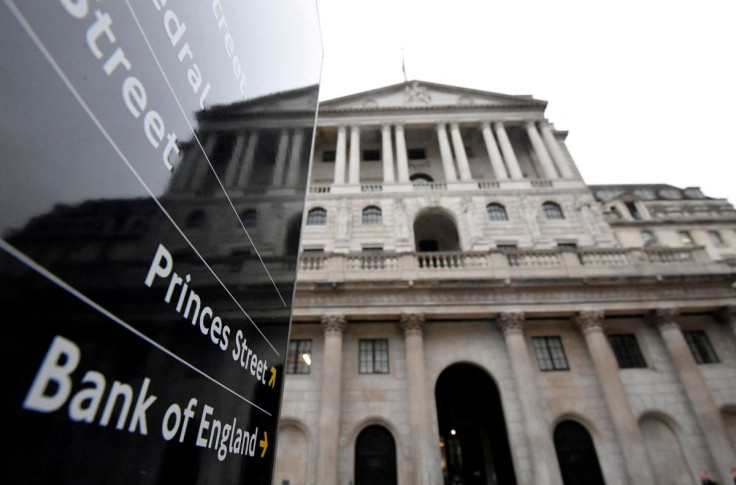UK Names LSE Academic Dhingra To BoE Rate-setting Committee

Swati Dhingra, an associate professor at the London School of Economics, will join the Bank of England's Monetary Policy Committee in August after the term of Michael Saunders ends, Britain's finance ministry said on Thursday.
Dhingra, 41, will serve a three-year term on the MPC, which sets interest rates. Her academic focus is on international economics and applied microeconomics - particularly trade policy - and like many economists she has highlighted the costs of Brexit.
Dhingra will join the BoE just as inflation is on course to hit 10% and to stay higher for longer than in other advanced economies - a problem which some economists link in part to greater trade and migration frictions since leaving the European Union.
"Both firm-level and aggregate evidence suggest that voting to leave the EU led to lower growth, with reductions in consumption and investment both playing a role," she wrote in January in research with an LSE colleague.
While the BoE has said Brexit increased headwinds to growth and raised some inflation pressures, it has been reluctant to quantify them and views the effect as hard to disentangle from that of the COVID-19 pandemic.
Taking part in a Financial Times poll of economists published on Jan. 3, she raised doubts about the BoE's ability to get inflation under control by the end of 2022, and of the government's ability to achieve a high-wage, high-productivity economy in the short term.
Saunders, who Dhingra will replace, has been one of the more hawkish MPC members, and broke with consensus to vote for half-point interest rate rises in February and May.
Saunders spent most of his career as an investment bank economist, and Dhingra's appointment means the MPC will lack an external member with a primarily markets or industry background - although Catherine Mann spent three years as Citi's chief economist.
Some British lawmakers have also criticised the lack of diversity on the MPC.
Dhingra's appointment will take the number of women on the MPC to three, the highest on the nine-member committee since 2005, and she will be the first Asian woman to serve.
Dhingra studied for her undergraduate degree at the University of Delhi and received a doctorate from the University of Wisconsin-Madison in the United States.
"Dr Swati Dhingra's experience in international economics will bring valuable new expertise to the MPC," finance minister Rishi Sunak said.
BoE Governor Andrew Bailey also welcomed her appointment and research experience.
© Copyright Thomson Reuters 2024. All rights reserved.




















